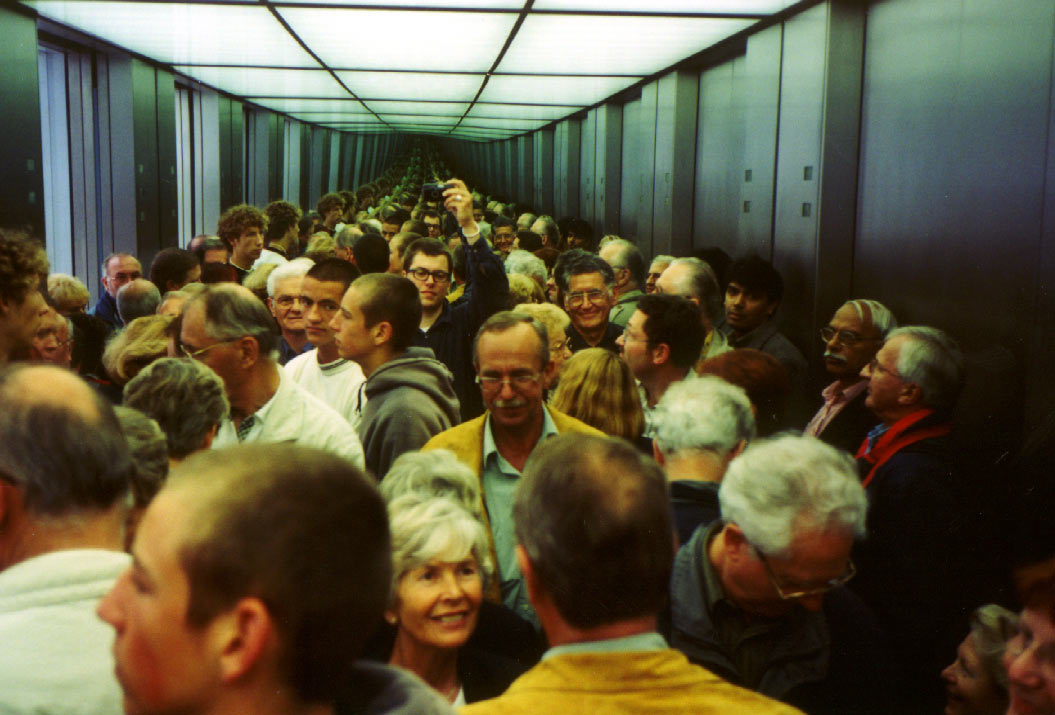
In the latest episode of the podcast “Hidden Brain”, historian Nancy Bristow describes the 1918 influenza epidemic, when decisions made by politicians had far-reaching consequences. For example, a parade in Philadelphia in the face of the influenza epidemic was not cancelled, as many had demanded. The decision of a politician, which brought death to thousands of people a few weeks later.
The historian says that the decision-makers at that time did not have the advantage of being able to look back, as we have today. We should therefore be soften our criticism of those responsible at the time. In the vast majority of cases, politicians would have done the best they could, but we must remember how difficult it is to make decisions in such a situation when you don’t know in which direction the pandemic is developing. And then, in a remarkable afterthought: she herself had only understood this last week.
Bristow has written a book about the influenza epidemic. I’m sure she spent years researching the subject. And here she now says that she missed something that she only realized last week, at the very moment when we are in a similar situation with the COVID-19 pandemic.
What is it that she became aware of? Written as a sentence, it sounds almost trivial: That in retrospect one looks at a situation differently than when one is in the situation. It is relatively easy to understand that in a situation information is missing that one can only have later. The politicians in 1928 only knew that the flu would kill thousands of people after the flu had killed thousands. Before that, it was just one of many possible options, and one could certainly think with good reason that the danger was unlikely, not worth canceling a major parade.
Only later did people know what had happened and only with this knowledge, is it easy to clearly distinguish a right decision from a wrong one.
Nancy Bristow is certainly a very, very smart woman. She teaches at a university, she writes books. And she didn’t realize that information that you have or don’t have at a certain point in time influences decisions at least as much as the differences in the character traits of politicians?
Everyone should know this from their own experience. That you change your mind when you have new information. You have just decided not to eat anything in the evening and by chance there is still the lunchtime meal standing around in the kitchen. So you have made a decision, then the state of information changes (you become aware of the rest of the lunch) and you change your mind. Things like this happen to me 10.000 times a day.
Obviously people find it difficult to remember that at some point you didn’t know what you know now. Nancy Bristow does that, I do that and it explains why when I think about my former self, the phrase “Oh, how stupid I was” comes to mind instead of the much more plausible: “Too bad I didn’t know that, yet…”.
We are obviously not intuitively able to understand that at an earlier point in time one might have seen things differently. That perspectives can change over time and that at some point you might be able to see what you couldn’t see before. And that, seen the other way around, sometimes you can no longer see what you saw before. Most people are unaware of the latter in particular: that what used to be clearly in sight sometimes can become invisible.
If you dig in your life you may come across such cases from time to time. One indication of cases where the perspective has changed significantly is that you can no longer explain what “drove” you to a certain decision.
It is laborious to think oneself into such cases. The human brain is lazy and has therefore invented a shortcut: Intuitively, it makes people think that they have always thought the way they think now.

